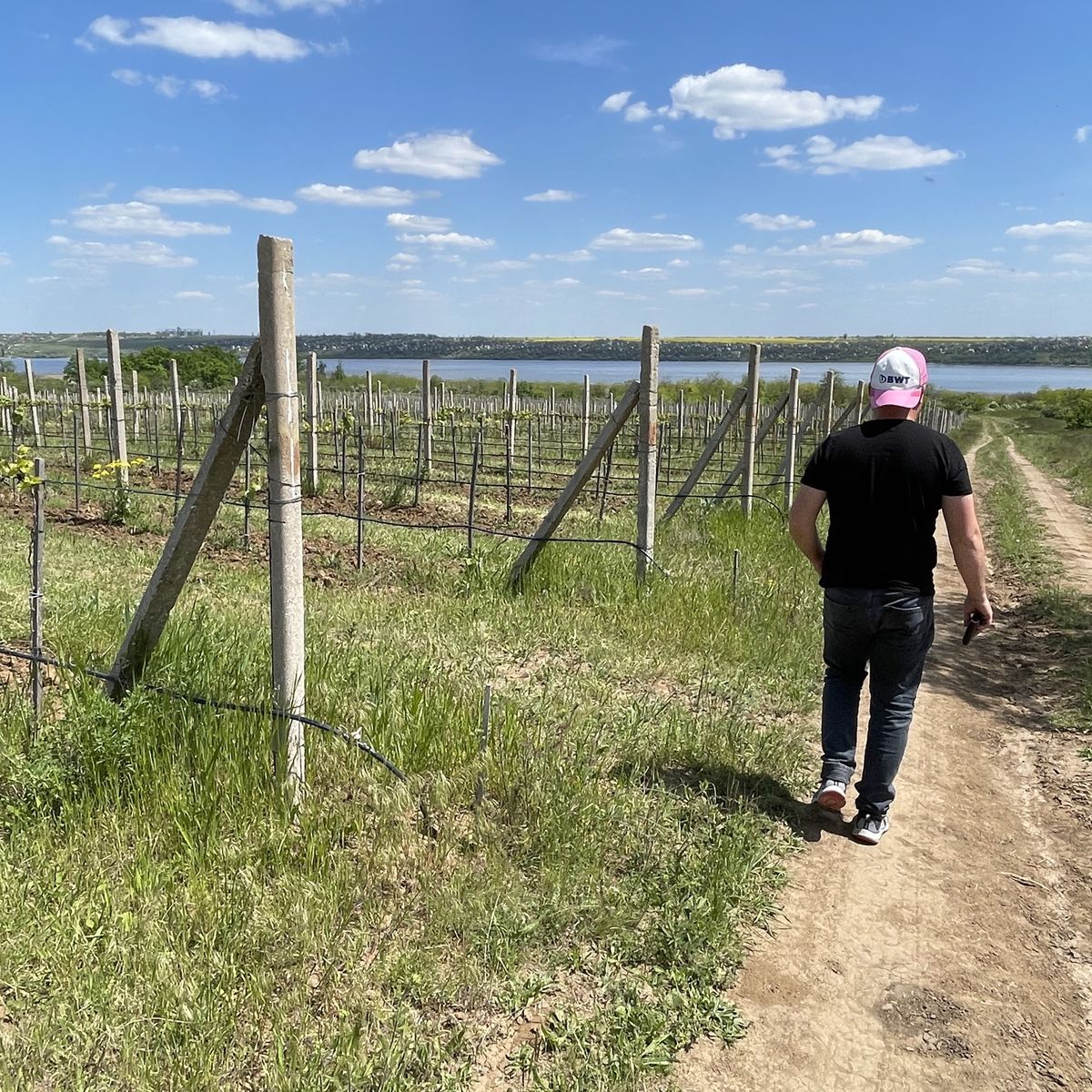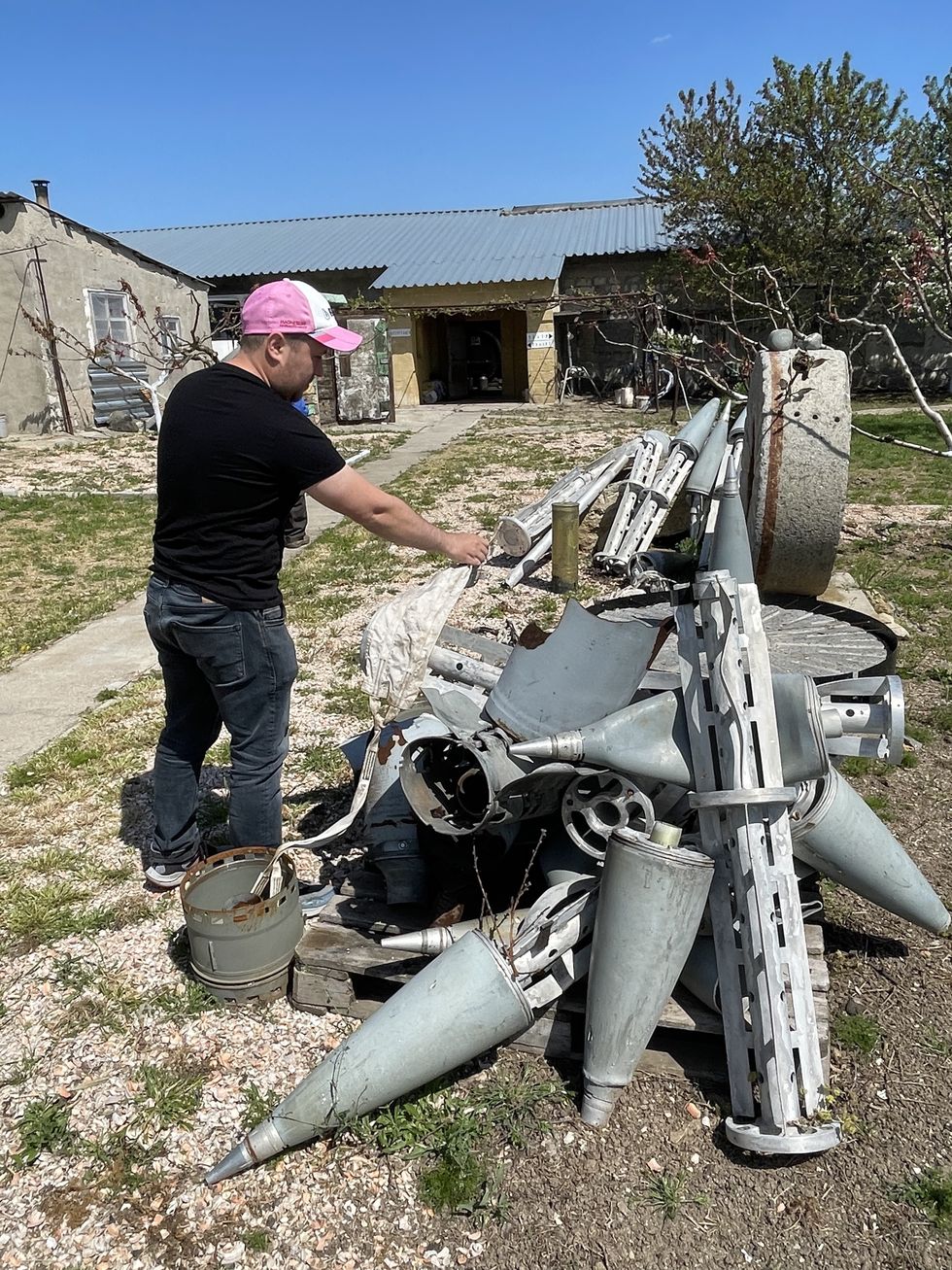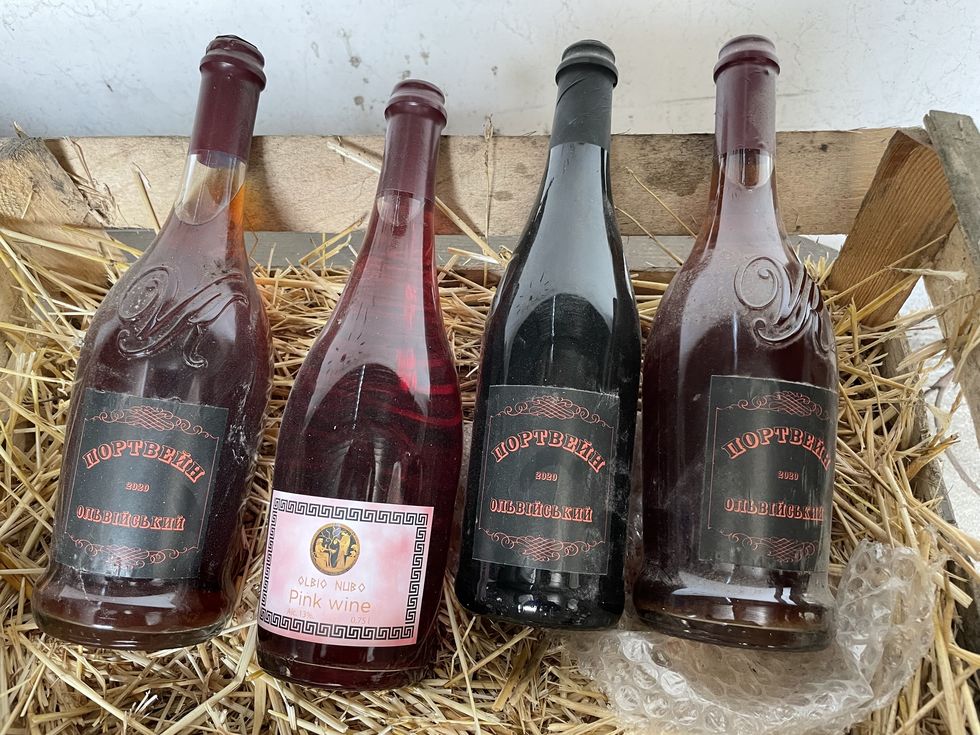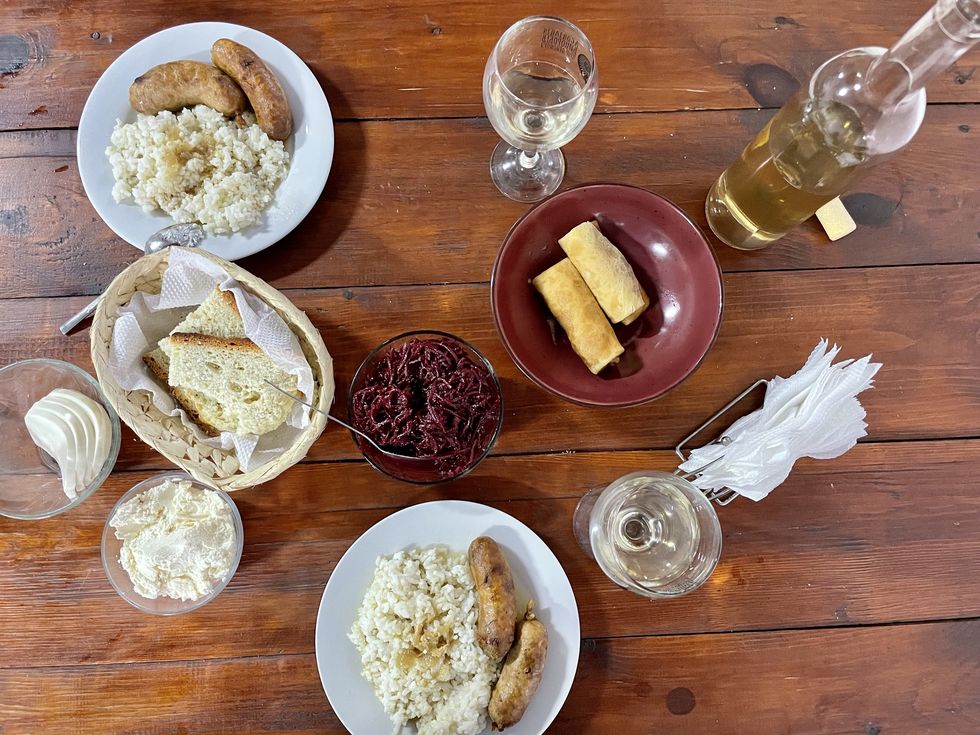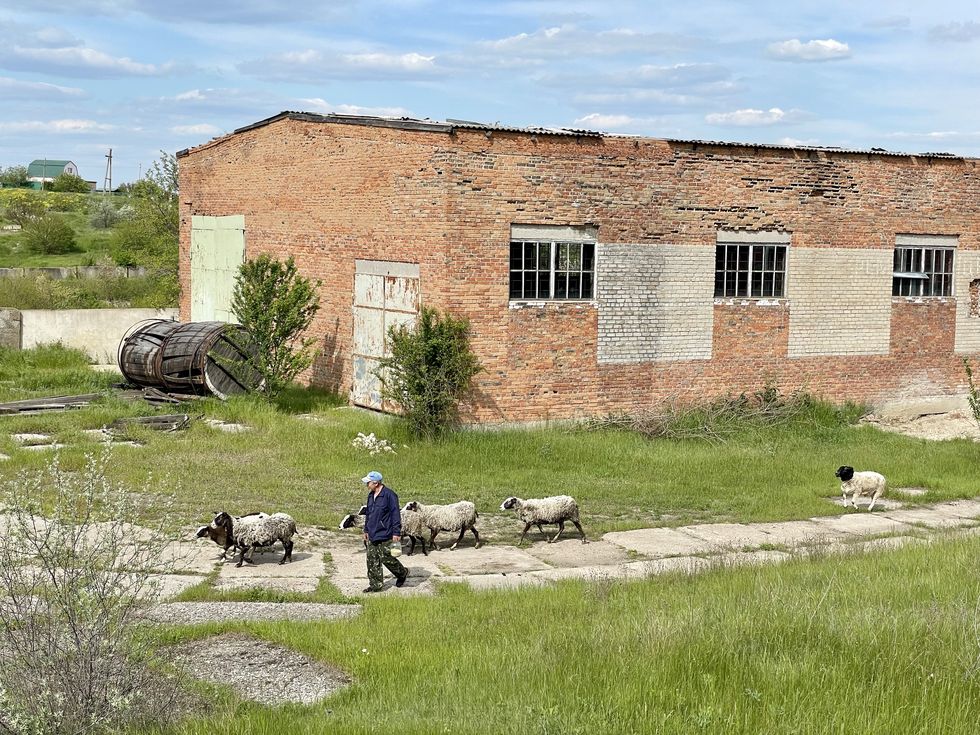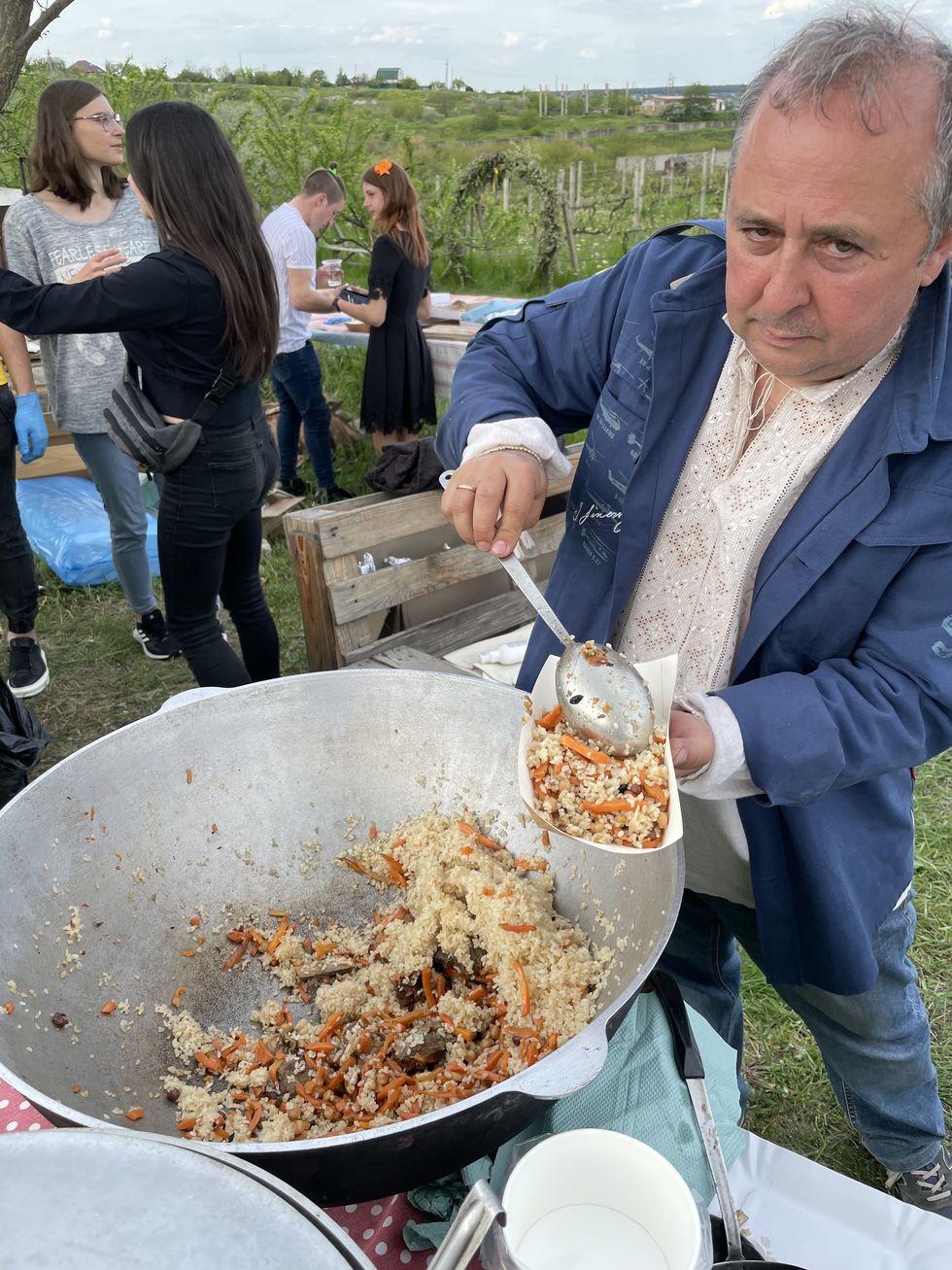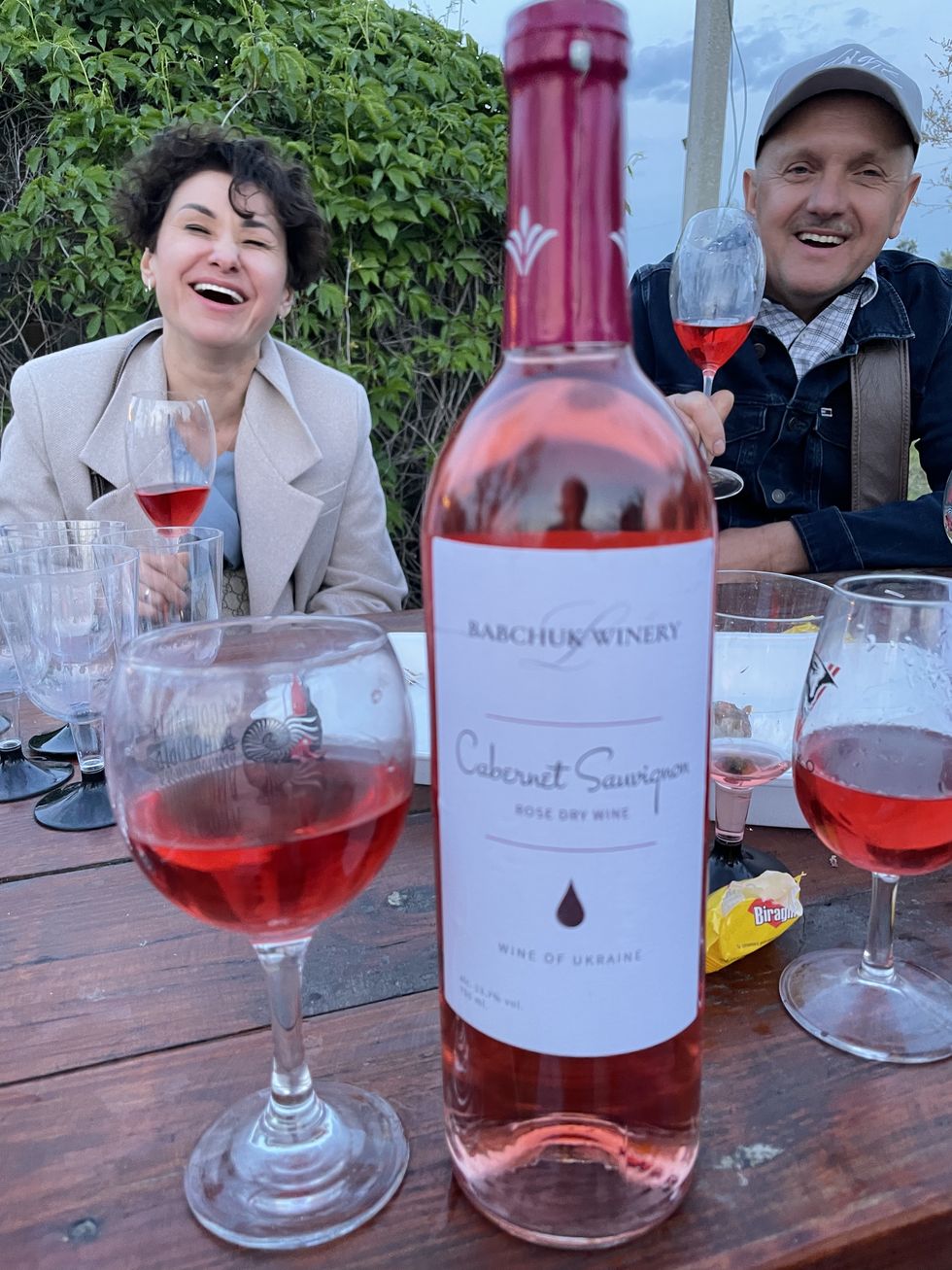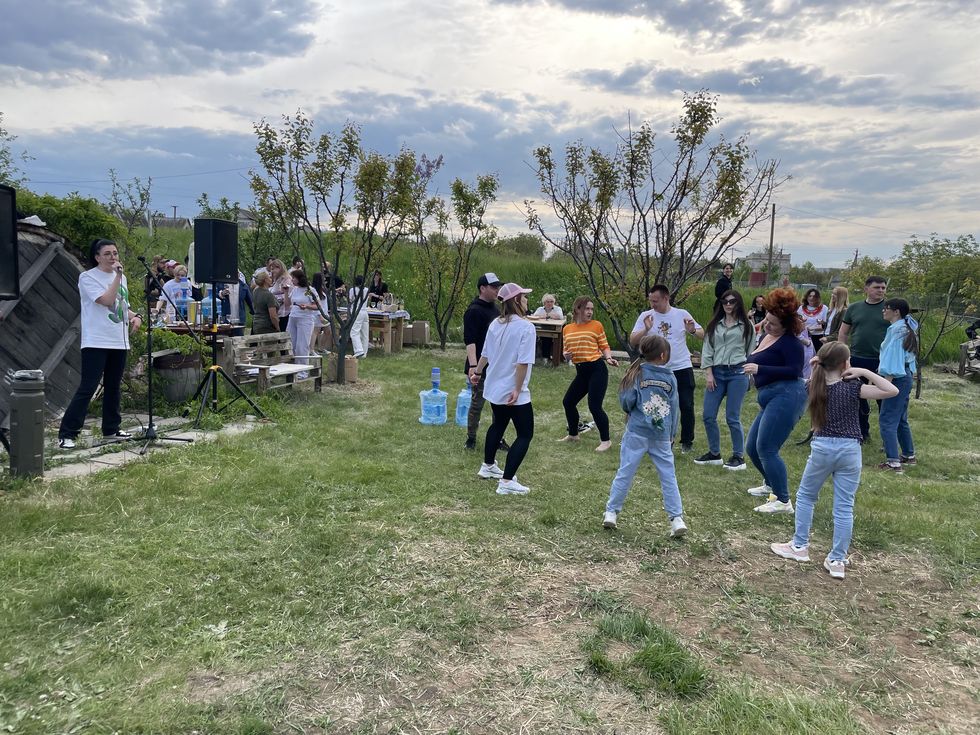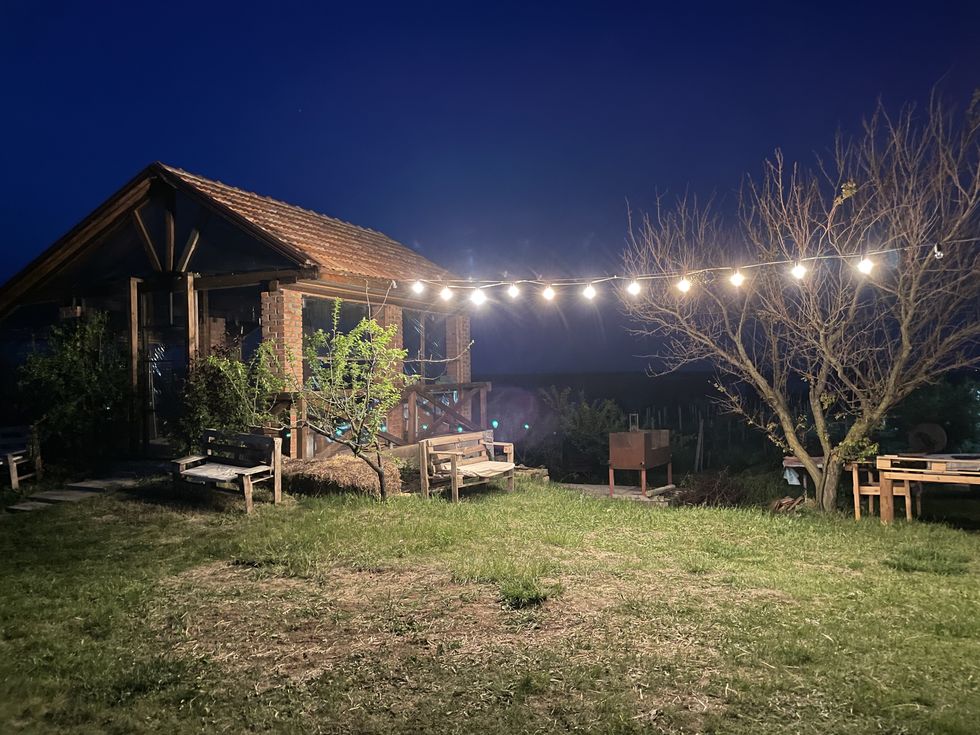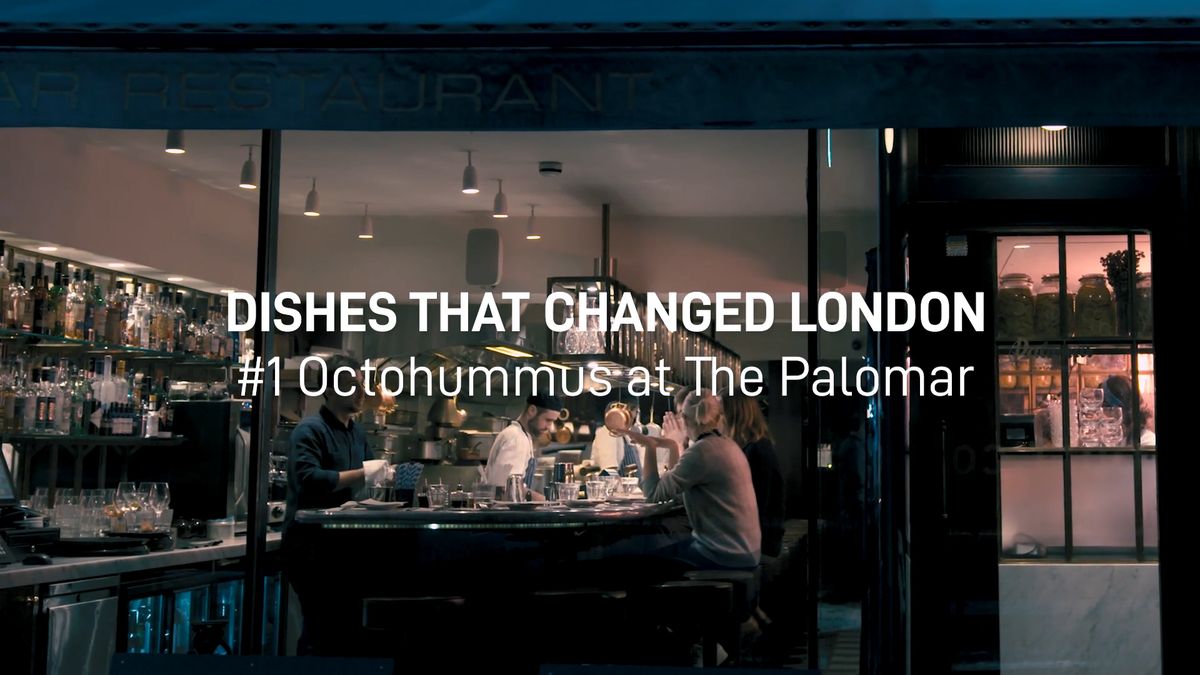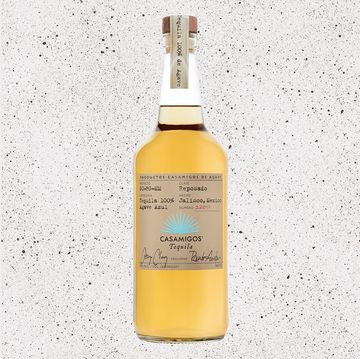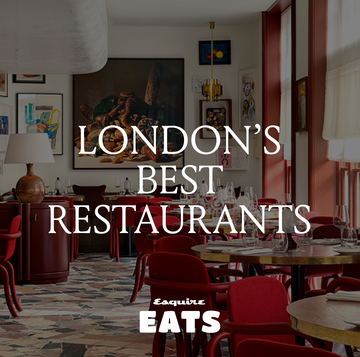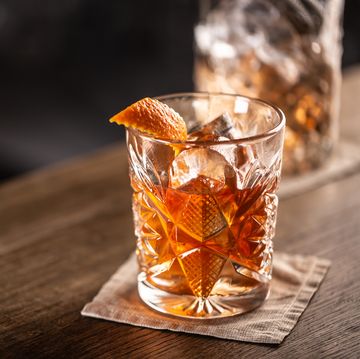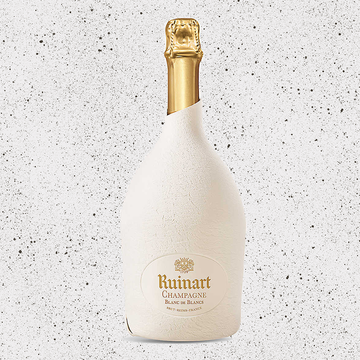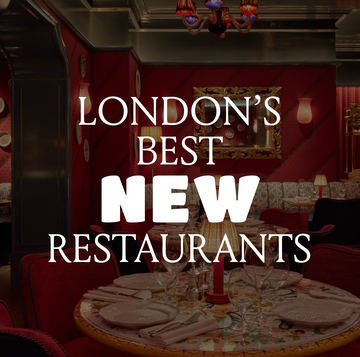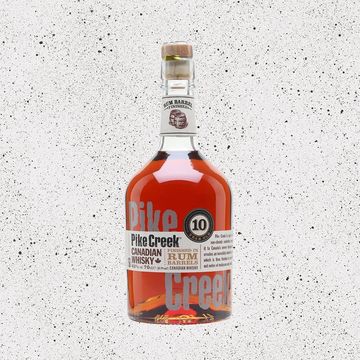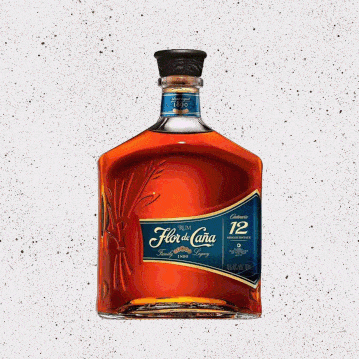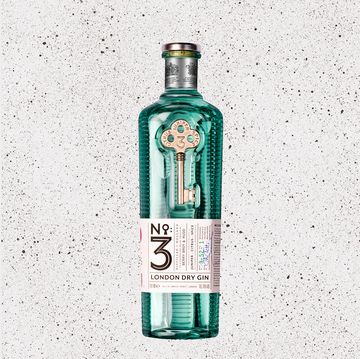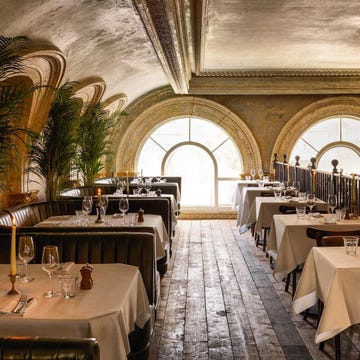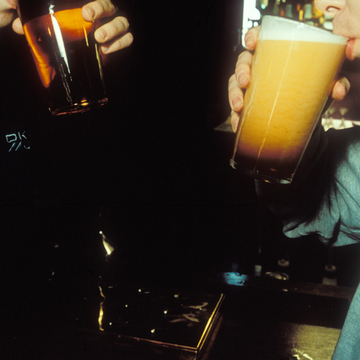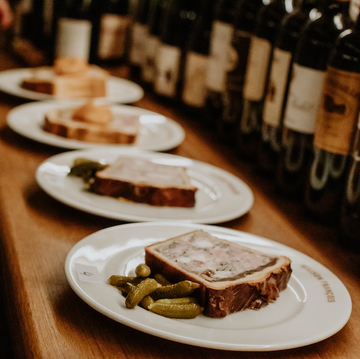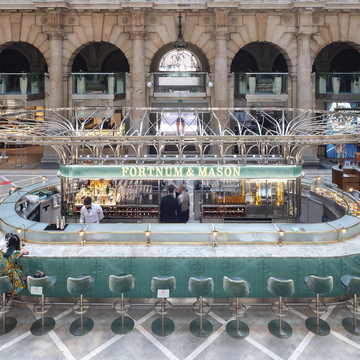Southern Ukraine, forty kilometres from Russian lines. It’s May, and the Black Sea countryside is luxuriant: rural homesteads cluster between eye-popping fields of yellow rapeseed flowers. Cows wander viridian pastures.
Georgiy Molchanov, a winemaker, steers his work truck along the potholed dirt road heading south from Mykolaiv towards the mouth of the Bug River. This is the heart of Ukraine’s most prized and ancient wine country, a region that stretches from Kherson to Odessa. Since 2022, it has also become a central battlefield in Russia’s brutal invasion.
And you read that correctly: Ukraine has a prized and ancient wine country.
Georgiy is in his mid-thirties, with youthful features and an ensemble of pink trucker’s cap, tight black t-shirt, and New Balance sneakers that gives him the look of a hipster organic farmer. As he drives he offers dry, rapid-fire narration, punctuated occasionally by spontaneous loud laughter. He explains that wine was made here in ancient times by the Greeks and traded with Scythians of the steppe. Later, under the Soviets, it was mass-produced as sickly-sweet, dollar-a-pop plonk. In the 21stcentury, the region was just finding its footing at the forefront of the natural wine movement when Russia’s shock troops rolled across the border.
“But we adapt,” Georgiy says, steering his Citroen crossover past the cratered ruins of a barn. “We survive. As we always have. And look there—wild chickens!”
At the end of a dirt track, we reach our destination: Olvio Nuvo, a boutique winery on the sloping banks of the river. By the entrance is a pile of spent Russian grad rockets and cluster bombs, exhumed from the twenty hectares of vineyards beyond. They resemble some kind of contemporary art installation.
The winery belongs to Georgiy’s good friend Pavlo Magalyas: Moldovan by birth, a former weightlifter and military sapper-turned-natural winemaker. But Pavlo’s not here at the vineyard today—he’s serving near Bakmut as a commander in the Ukrainian military.
Instead his wife, Alla, greets us. She smiles, offers us coffee, and beckons us to follow, making apologies for the dusty state of things. There’s a careworn sadness behind her smile. Like many Ukranian businesses, Olvio Nuvo is struggling. A winery requires constant upkeep, and with the war dragging on and Pavlo unable to share in the work, it’s hard to see how Olvio Nuvo will go on.
That’s why Georgiy is here today. He’s got a plan to help.
Why I’m in Ukraine: I work for a private logistics firm that delivers critical aid cargo to conflict zones. I’m no sommelier, but I love wine and the stories of the people who produce it. Over the years, I’ve learned enough about the science, art, and hard work of winemaking from chatting with vintners around the world to understand the dedication that goes into a great glass of wine.
Wine is difficult enough to make under the calmest and most predictable conditions. A harvest can be ruined by too much rain, too little rain, bugs, and frost; then during fermentation, there’s temperature spikes and CO2 levels and rogue bacteria to contend with.
Ukraine in wartime offers conditions that are anything but calm and predictable. And in a country not known for its wine—in a region most consumers don’t know at all, walking distance from Russian troops—Pavlo, Georgiy, and their fellow vintners are not only making wine, they are making great wine.
Throughout 2022, Mykolaiv and the surrounding front-line areas were savagely attacked for 220 straight days. Georgiy, Pavlo, and their workers tended their vines day after day as cluster bombs and artillery indiscriminately exploded in and around them—on their vineyards, wineries, roads, and villages.
In an astonishing demonstration of persistence, denial, love, or some combination of those, they managed to bring in the harvest and complete the painstaking process of destemming, maceration, fermentation and barrel-aging to create an excellent wartime vintage.
But it’s one thing to understand the mechanics of how the vintage was made. I’m here to try and understand something more ineffable: why.
Alla and Georgiy lead me into a dusty, hangar-like space filled with large stainless steel tanks and crates of wine. This is Olvio Nuvo’s production floor. I’m handed a thick, squat wine glass, and Alla pours a sample direct from the spigot. The glass is meant to be a tasting glass, but she fills it to the lip.
We start with Malvasia: a Greek summertime grape, with light fruit and a citrus acidity that’s clear as a bell. I take a sip. Served a few degrees colder, it would pair beautifully with a warm evening on the beach.
Next we try Yohaneiter, a Riesling—woodsy, with a fuller body. Then there’s Muscat Citron, a dry white which surprises, as I always thought of Muscat as a candy-sweet dessert wine; and finally their flagship red, made from the “Odessa Black” grape (locally known as Odeskyi Chornyi), a unique hybrid of this coastal region that was engineered by Soviet scientists in the 1970s.
It’s this last one that shows the natural, funky qualities of the winemaking here—it tastes like nothing I’ve tried before. Plummy fruit notes emerge from a bramble of sweet tobacco and tannic wood smoke. This is not the wine of a refined French estate—this is natural wine as the ancient Greeks would have made it, full of wild yeast and pagan magic. It’s probably not to everyone’s liking, but definitely mine.
With my sloshing glass of red in hand, they lead me out a side door to Pavlo’s vineyards, and views over the Bug River. They point out the ruins of Ancient Olvia sitting on a low rise nearby, from which Olvio Nuvo takes its name—a Greek trading settlement. Now it’s within a military zone and can’t be visited.
Russian-controlled territory is visible in the distance, on the thin, menacing line of the Kinburn Peninsula, where the Bug meets the Dnipro River and then flows into the Black Sea. Russia controls the peninsula, so no ships can approach or leave Mykolaiv’s river port. It’s a key objective in the upcoming counter-offensive.
Until November 2022, the Russians were positioned on the opposite bank of the Bug—close enough to bombard the winery daily with rockets, mortars, and mobile artillery. One Russian tank aimed for the production shed, but instead flattened the outhouse next to it (which Georgiy found darkly hilarious). Pavlo, formerly a sapper in the Soviet military, spent months clearing the debris.
Now Pavlo is at the front and local demand is faltering. Just a few years ago, Alla tells me, the winery turned out 10,000 bottles annually. But this year, production has paused, and there may not be a 2023 vintage.
“So we’re holding a party, tomorrow night, at my estate,” Georgiy says with a big smile. “To raise money, to bring Alla and Pavlo through. You should come.”
I’m supposed to be on a bus back to Odessa by then, but I tell them I’ll give it some serious thought. Maybe it’s the four goblets of wine I just pounded, but between the fine weather, the artistry on display and the kindness of these people, I’m feeling rosy about Mykolaiv.
“Come on,” Georgiy says, beckoning. “Let’s get the sheep.”
Traditionally, Ukrainians drank sweet wine, often without food, with the intention of getting extremely drunk. Food was consumed with vodka, which is believed to enhance appetite and aid in digestion. When I asked storekeepers in Kyiv and Lviv why they only sell one or two Ukrainian labels alongside Barolos and Burgundies, they shrug. “Ukrainian wine just isn’t very good,” one told me.
That used to be true. But over the last decade a spate of boutique wineries and a regional embrace of the natural wine movement—that is, wine made with minimal intervention and no chemicals—has resulted in more high quality and daringly experimental Ukrainian wines than ever before.
In 2019, the Association of Black Sea Wine Craft Producers was formed by ten wineries across Odessa, Mykolaiv, and Kherson regions. Wineries from the area were featured in the Financial Times and Wine Enthusiast. Beykush Winery, also from Mykolaiv region, even won a Gold medal in the prestigious Decanter World Wines awards.
But the 2014 annexation by force of Crimea to Russia cost Ukraine half of its wine output, and the February 2022 Russian invasion destroyed or critically damaged many wineries, both old and upstart ones. This included Dnipro’s storied Prince Trubetskoy winery, Kherson’s Kurin winery, and Artwinery’s Bakhmut facility, which once produced a staggering 19 million bottles of well-regarded sparkling wine and now lies in ruins. Winemakers and sommeliers joined the fight and fell in combat, or were killed far from enemy lines by missile attacks.
Soon Georgiy and I are back on the road, cruising north through lush wetlands that teem with herons, warblers, and egrets. We pass sandbags and ragged tarps of abandoned army checkpoints, built in the early days of the war to intercept Russian sabotage units. As the front lines have shifted, the units that once manned them have migrated east.
We’ve picked up a passenger, a butchered sheep from Pavlo’s flock. It sits in the back seat on a plastic sheet, jostling over the potholes.
“These sheep are the true animals of the steppe, a heritage breed,” Georgiy says. “They eat the grass and spend their lives outside. You can taste the difference.” Locals cook mutton in various ways: spit-roasted, quartered and baked in the oven, grilled on charcoal, or stewed in a pot with herbs. However they end up cooking it, this fine creature will soon form the centrepiece of Pavlo’s feast.
An hour later we reach Georgiy’s vineyard near the Bug River. There are rows of Chardonnay, Cabernet, and Odessa Black. There’s Separavi too, a grape most famous in the Republic of Georgia, which also flourishes in the warm sun and clay-rich soil of Ukraine’s Black Sea coast.
Georgiy’s father Mykhailo is here, tending the vines. Mykhailo and Georgiy were in the fruit business until 2018, when they decided to try winemaking. Since then, Slivino Village Winery has grown to produce around 3,000 bottles of natural wine a year, with plans to expand.
Like Georgiy, Mykhailo has a bone-dry sense of humor and an infectious love for his work. He is pruning—removing clumps of leaves so that those that remain are evenly spaced a few inches apart. This will ensure a concentrated juice from the fruits that develop.
We hear an ominous bass-thumping in the distance. Across the river, we spot the source: combat choppers cruise south, then bank eastwards. Ukraine’s airspace is contested and closed, so if you hear or see air traffic, it can mean only one thing.
“More and more they are launching helicopters to the front,” Mykhailo says as he gently clips, pinches, and tosses the leaves. “And my friend near Kherson says our artillery is working hard, like in the first days of the war. Soon, Crimea will be ours again.”
Georgiy tells me how in the spring of 2022, his family tended these vines each day despite constant Russian bombardment. One day, a grad rocket slammed into the vineyard and got stuck in the soil, unexploded. Work continued around it, gingerly, until a demining team came to remove it. But the rocket was buried so deeply, only the warhead could be removed, and the jutting end of the metal body remains as a fixture of the vineyard to this day.
“We showed it to a foreign reporter who visited last year. While she was here, we heard the Russians firing more rockets. She was scared and wanted to leave—of course,” Georgiy says.
He seems so casual about it all. I have to ask: “Weren’t you scared too?”
“Sure I was! But this is our land. Our home. This is our work. The Russians will be here only a short time. We are here forever.”
Slivino Village Winery sits about five minutes’ drive from its vineyards, sharing space with a bottled water company run by Georgiy’s mother on what was once a small Soviet agricultural supply base. On the property: crumbling concrete sheds, sprays of wildflowers, a Koi pond, rusting tractors, blossoming fruit trees, and a big shaggy lawn. In some ways, I’m reminded of the backwoods farms in Western New York where I grew up, remixed with Soviet industry and Provençal warmth.
We pull up in the work van, and Georgiy and I set to hauling the sheep carcass to the basement kitchen. It’s heavy and slippery work; the legs of the sheep are slick with glistening fat, and no matter how I grip it, it starts to slide. We manoeuvre it down a steep flight of stairs and heave it into a corner, both of us panting and flushed.
While we wait for lunch to be served by a kitchen staff headed by his mother, Svitlana, Georgiy shows off the Slivino cellar. Their entire winemaking apparatus—the tanks, destemming machine, the oak casks—fits into the space of a small one-car garage.
He lets me try a few of their wines, which are fermented with natural yeast—dry Rkatsiteli (a Georgian grape), a pét-nat of Riesling, Pinot Noir and Muscat, and their own version of inky Odessa Black. Contrasted with the excellent wild wines of Olvio Nuvo, Slivino’s bottles feel more harmonious from one to the next. These are fine-dining wines.
Glasses in hand, he leads me outside to a concrete A-frame and a barn-like hall, both under renovation. The barn will soon form the heart of a new wine cooperative, where boutique wineries from around the area will pool their resources and expand their production; the A-Frame will host a proper tasting room on the ground floor, with guest rooms above.
Upstairs, Georgiy shows me the soon-to-be master guestroom. Though still full of plaster dust and raw brick, it’s already equipped with a fireplace and claw-foot tub, and offers expansive floor-to-ceiling views over the quaint rooftops of Slivino village. Russian missiles still pound nearby Mykolaiv with some regularity, but soon, Georgiy and his father tell each other, they’ll be welcoming wine tourists for weekend getaways.
After a lunch of cream cheese crepes, local sausages with barley, goat cheese, and a robust bottle of Telti-Kuruk—a pre-Phylloxera native white grape of Ukraine that makes for extremely potent white wines—the preparations begin for the next day’s party. Svitlana leads a team cutting flowers from the surrounding field to bundle into bouquets. Mykhailo checks the generator and electricals that will power the lights and the band’s equipment.
Georgiy intercepts a grizzled field hand nicknamed “Brad Pitt” for his once-legendary good looks. Georgiy tasks him with cutting the grass, cleaning the Koi pond and stringing the fairy lights, to transform the place into something magical for the special night.
Brad Pitt surveys the lawn with an admittedly handsome thousand-yard stare, tugs on the sweat-stained brim of his hat, and nods his weary assent. “It will be done,” he says.
That night around 1:30 a.m. I snap awake in my hotel room to the wail of air raid sirens, followed by the window-rattling BANG of missiles smashing targets somewhere in the city. Then the scream of fire engines. Then eerie silence. I briefly consider putting on my shoes and moving to the hotel’s air raid shelter, but I’m not even sure where it is. I pull up the covers and go back to sleep.
By early evening, a local band is playing, the wine is flowing, and a hundred or so guests are relaxing under trees and on wooden pallet chairs scattered around the grounds. The crowd is diverse: young couples, clusters of laughing retirees, local socialites in big sun hats, kids with grass-stained knees. The Brad Pitt of Lawncare did a great job. In the sepia light of dusk, the place looks magical.
Georgiy, his wife, and his parents pour brimming glasses of Odessa Black from a big plastic jug. Tonight’s menu: a rich, savoury mutton soup; Uzbek plov (buttery rice, sweetened with carrots and currants, lush with chunks of fatty mutton); and chops, medium rare and fresh off the grill. I wonder whether this culinary heaven is being replicated anywhere else on earth right now. I doubt it.
Beside Slivino’s wine booth, Olvio Nuvo has a stand here, manned by Pavlo’s son. There’s a third producer present, Babchuk Winery, which focuses on beautifully fragrant rosé and light red wines. Georgiy’s team is busy selling tickets for tonight’s raffle and auction.
Among the local characters drifting among the food and wine tables is a legal advocate who works on behalf of boutique wineries in the area, working to chip away at the many regulatory hurdles that remain on the books from Soviet times. This is a process that only really started in 2018 (when most Ukrainian wineries were massive factory operations), and has been steadily building since. There’s also a bearded Ukrainian Marine, built like an oak, who knows Pavlo and has joined in the raffle to raise funds for the upkeep of his motorpool (creative funding to maintain equipment is a fact of life for many units fighting in the war).
Around sunset the band takes a break, the dancers disperse, and the raffle kicks off. There are t-shirts with Slivino’s logo, bottles from all three wineries, a set of stemware. The real prize of the evening: the canister for a Paladin 155 mm Howitzer shell. For this, the bidding gets aggressive. Escalating offers ping-pong across the garden as the emcee whips up the crowd.
At last, there’s a winning bid: the Paladin canister goes to a young woman in a sun dress, who runs to the stage, hugs it like an oversized teddy bear and then hoists it aloft with a victorious whoop.
The band packs up, and partygoers wander to their cars. At a long wooden table under a string of twinkly lights, Georgiy’s family, and Leonid and Svitlana of Babchuk winery, tell stories, teasing each other, smoking IQOS cigarettes and nibbling on cheese and bread.
“We used to have parties like this all the time,” Georgiy says. “People coming from Kyiv, bands from Kherson. But since the war started, this is our first. People need this—to drink, laugh, forget. The war can’t take this from us.”
They toast Pavlo and drain the last of the Slivino wine. Svitlana Babchuk fishes under the table and uncorks a chilled bottle of her rosé to finish the evening. This is no flamingo-pink screwcap liquor store swill—it’s serious stuff, with the complexity of a good Pinot.
The people at this table, the workers on these vineyards, are not only craftsmen—they’re artists, and they’ve proven themselves to be willing to die for their art. To them, wine isn’t luxury. Viniculture is storytelling, family, identity. Making wine is freedom. To them, chasing perfection in a glass is the ultimate middle finger to Russia.
I take the rosé bottle and inspect the label. For some reason (all the wine), I stare at it long enough to notice that while the back lists alcohol at 12%, the front has it at 12.58%. I point this out to Georgiy, and a funny look comes over him. He shows it to Mykhailo, who starts to snicker. Svitlana asks what’s so funny, and he teasingly passes it over to her.
She checks the back, then the front, then the back again, and suddenly bursts out laughing—really laughing, like this is one of the funniest things she ever saw.
It spreads, and pretty soon the entire table is in hysterics, eyes streaming, gasping for breath, trying to speak in little squeaking voices. No one knows why this is so funny, and it doesn’t matter. It’s power-washing away the anxiety and mess inside, at least for a while. Tonight the bombs may fall and the sirens wail as the Russians rain down another vulgar assault. But in this moment, spent together, these people are invincible.
